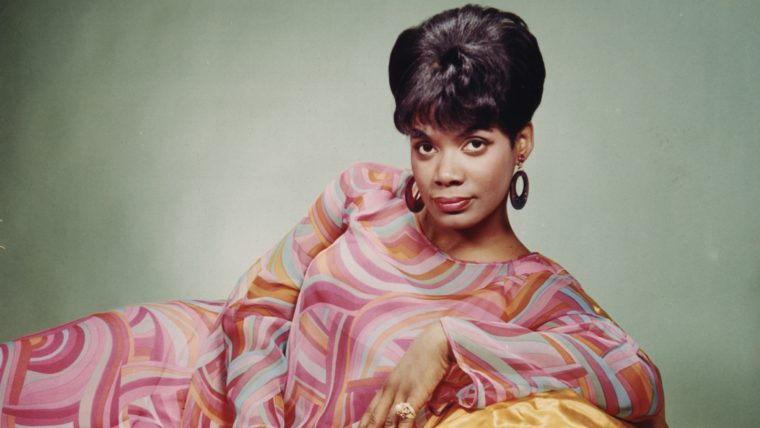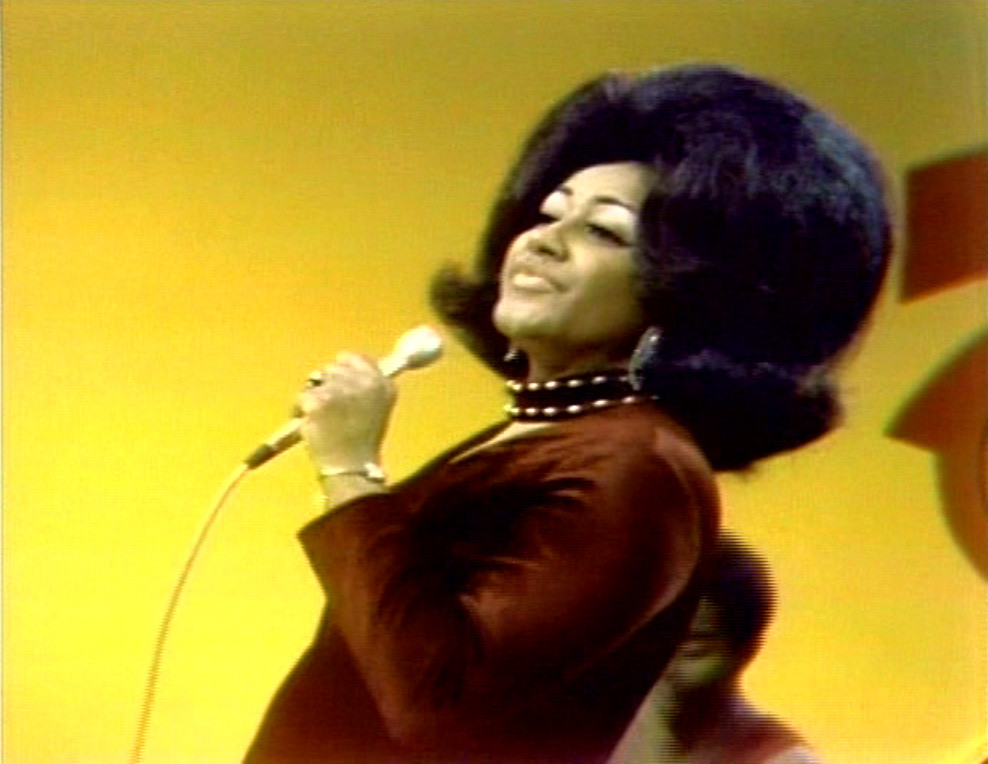Podcast: Play in new window | Download | Embed
Spotlighting female solo acts and groups of history’s greatest Soul label. #BHM2020 #staxrecords #rhythmandblues #soul #deepsoul #northernsoul
Stax Records was founded in 1957 as Satellite Records, in Memphis, TN, by siblings Jim Stewart and Estelle Axton. Initially, they were not known for the Southern Soul sound they would become famous for; early releases were in the Country, Pop and Rockabilly fields, not unlike another local Memphis independent, Sun Records.
Producer Chips Moman introduced the pair to Soul music, which was just coming into it’s own: a blend of Gospel, R&B and straight ahead Blues music that was just beginning to develop and find an audience. With the assistance of a popular local radio DJ, Rufus Thomas, Stax moved into an old movie theatre, where many of their early records would be cut, by an ethnically integrated band who would become known as Booker T. and The MG’s. For the uninitiated, Volt was a Stax subsidiary, one of many the label would found.

After finding out there was another Satellite Records, the siblings used a portmanteau of their names to re-launch the company. The first recording featured the aforementioned Thomas with his young daughter, Carla, on lead vocals. This impressed Atlantic Records so much they struck up a distribution deal: the very first national hit for Stax was a solo recording by the younger Thomas.
By the mid-1960’s, the little label that could was making some of the most exciting and well-loved music of the decade, even bringing to prominence many other, mostly male acts to the mainstream, including Otis Redding. At the end of 1967, when Atlantic was sold to Warner Brothers, a clause in the distribution contract meant that most of the masters from Stax would now become the property of the new conglomerate. Stax was now a label with a solid reputation, but without any catalogue to sell.

It was also at this time that Aretha Franklin became the biggest thing since sliced bread, even obtaining more gold records than the Beatles in 1967, and a sea change happened in music. It now seemed that labels were scrambling to sign Black, female soul singers in the hope that they could also catch lightning in a bottle.
“All they ever gonna remember is how I sang the blues.”
Dr. Mabel John to CNN
Undaunted by the merger and the loss of their catalogue, the siblings brought in a new a new president, Al Bell, who aggressively fought to keep the recording artists at the label, which he did, and forge a new identity as the premier Black music label in the world, which they achieved in just four years: Not only did they have performer, songwriter and producer Issac Hayes, who became the first Stax Artist with a number one single and album on the label, they also had signed gospel group The Staple Singers, featuring three women and their father, who were reaching a national audience unheard of for any artist singing their type of socially conscious music.

Sadly, a new distribution with CBS deal met with legal complications, stifling recording output for the label; Hayes was now also personally bankrolling the label as well. This, coupled with changing tastes in the music buying public, caused the label, and Hayes, to go into bankruptcy. By 1975, Stax would cease operations for decades, with only recently being reactivated and releasing new music by, you guessed it, Southern Soul artists.
First Part
- Gee Whiz (Look At His Eyes) (Live), 1972, Carla Thomas
- Bed Of Roses, 1968, Judy Clay
- My Lover, 1965, Barbara & The Browns
- You’re My Temptation, 1970, Roz Ryan
- How Can You Mistreat The One You Love, 1967, Jeanne & The Darlings
- Slipped And Tripped, 1973, The Sweet Inspirations
- Sweeter Tomorrow, 1970, Margie Joseph
- No Tears, 1962, The Tonettes
- Better Get A Move On (Live), 1972, Louise McCord
Second Part
- Lift Every Voice And Sing (Live), 1972, Kim Weston
- That’s The Way It Is With Me, 1962, Barbara Stephens
- Nothing Is Everlasting, 1972, Annette Thomas
- Wait You Dog, 1967, Mabel John
- If You Think It (You May As Well Do It), 1971, The Emotions
- After Laughter (Comes Tears), 1964, Wendy Rene
- You Think You’re Hot Stuff, 1971, Jean Knight
Finale
- Woman To Woman, 1974, Shirley Brown
Love to you all.
Ben “Daddy Ben Bear” Brown Jr.
Host, Producer, Audio Engineer, Researcher, Webmaster and Writer
“Copyright Disclaimer Under Section 107 of the Copyright Act 1976, allowance is made for ‘fair use’ for purposes such as criticism, comment, news reporting, teaching, scholarship, and research. Fair use is a use permitted by copyright statute that might otherwise be infringing. Non-profit, educational or personal use tips the balance in favor of fair use.”
